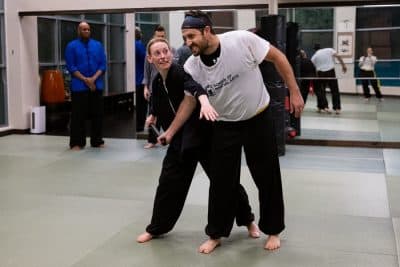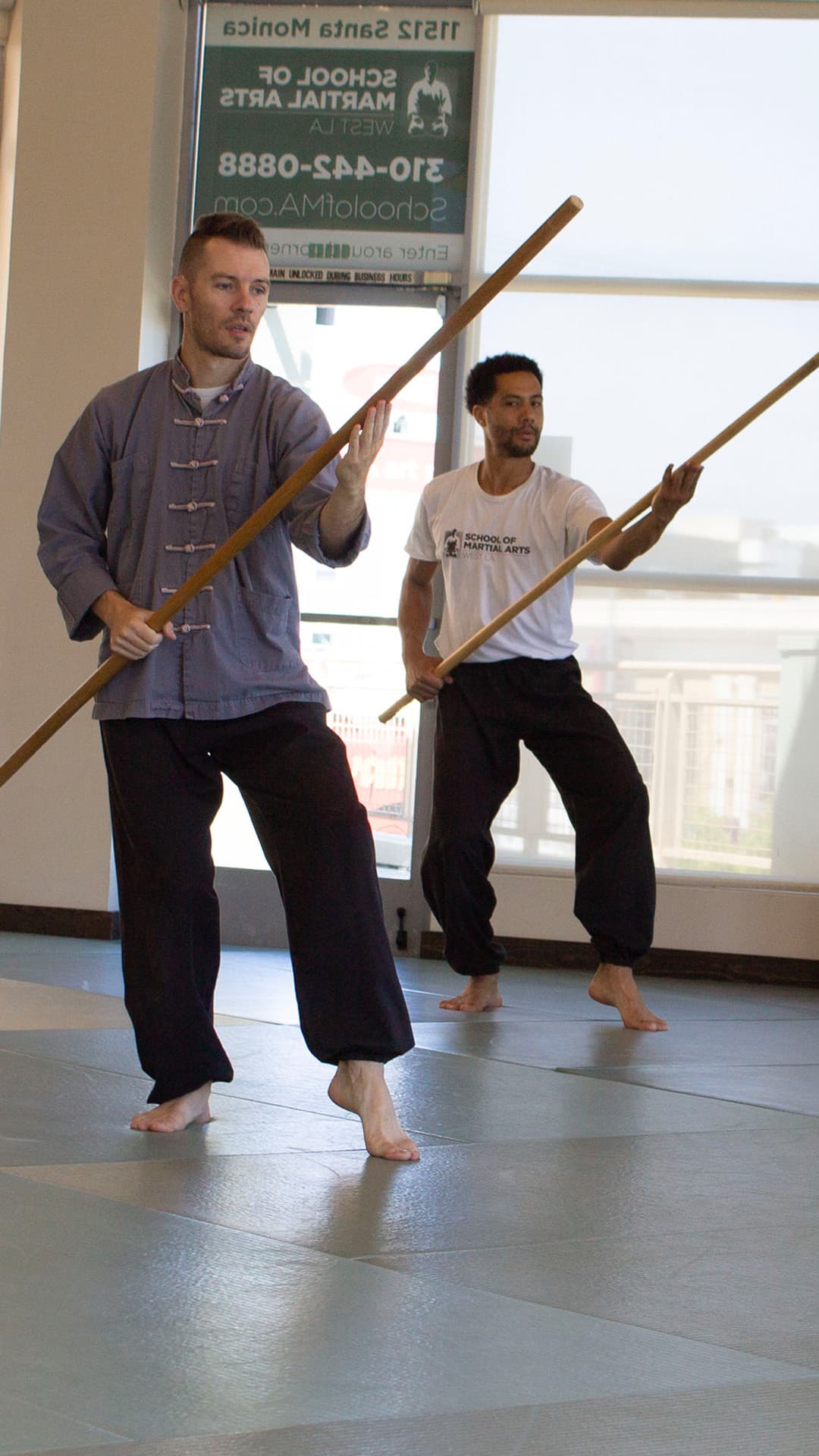 Areté is an ancient Greek word that translates to excellence in effort, or of a thing. It refers to doing one’s best at a chosen activity, which could be a physical action. Importantly, the concept also included excellence of moral character, or virtue. So, to live a life of areté, the mind, body and soul each has to be developed.
Areté is an ancient Greek word that translates to excellence in effort, or of a thing. It refers to doing one’s best at a chosen activity, which could be a physical action. Importantly, the concept also included excellence of moral character, or virtue. So, to live a life of areté, the mind, body and soul each has to be developed.
For anyone interested in exploring the concepts of areté, Brian Johnson has a new book out “Areté”. In it he delves into every aspect of life and ways to develop areté, based on current scientific understanding of what a good life looks like in the present day and how to achieve it.
The term “Kung Fu” has an equivalent meaning in Chinese. Kung fu refers to any work, achievement, merit or skill that is acquired through learning or practice. It can refer to martial arts, but also anything that we work at to achieve such as peace of mind, happiness, calligraphy, or any other pursuit.
In the dojo, we practice Kung Fu and strive to do our best. Often this is in the form of Sifu encouraging us to keep our hands up, strike harder or faster. It’s implicit in what we do. In the kids’ classes, striving to do their best is in their creed that they say at the beginning and end of every class, “and try as hard as I can at everything I do, both in and outside the dojo.”
Areté leads to goals
Why have goals?
In accepting the concepts of Areté or Kung Fu, we recognize that our potential to live our best life is a constant activity. It is not something that is done once, but something that is ever present. At every moment, we get to choose our reaction to the previous moment. At every moment, we get to create the next moment. The choice to excel is available in every single moment and every single aspect of that moment – physically, emotionally, spiritually (body, mind and spirit).
Now of course, we are human and it’s, by definition, impossible to achieve perfection in anything.
So we experience a gap in what is and our potential.
Spend some time to review where you are right now. Sometimes this takes some deep self-reflection; sometimes, it takes asking someone else to get an outside perspective. This is useful to give you a point of reference, and to give you a chance to accept what is right now. This is very Zen. Recognizing and accepting what is true is a very important skill as a martial artist and also very useful in life.
It is sometimes possible to set a goal for your whole life. However, it is usually easier to focus on a specific area of life and a specific aspect of that area.
Humans like to know we are making progress since we (most of us, me included) have not transcended to a Buddha state of enlightenment. This is okay. Declaring a goal in a way that allows us to know if we have done it or not is helpful. How do we do that?
Make SMART goals
Specific: the more clarity you can have around your goal, the easier it will be to design actions to fulfill your goal.
Measurable: If your goal is to be happier, find a way to measure whether or not you have achieved that. Smile x times every day. Laugh x times every day, Journal about x things you are happy about every day.
Achievable: Make sure your goal is achievable. For instance, it would be pointless to have a goal of being 6’ tall if you have already stopped growing and you are 5’4”..
Relevant: Choose something that will take you in the direction you want to go. If the result you want is to get fitter, it doesn’t make sense to create a goal around watching Netflix.
Time based: Know how long you have to complete the goal, so put a date on it.
Further define your goals into PATH steps that you can take every day or every week
Process (How will you achieve the result you want in your goal?)
Action (What is the action you need to take)
Template (How often and how much do you need to do?)
Habit (When will you do it?)
Examples
Result I want to achieve: I want to lose 10 pounds by March 31, 2024. To that, I will eat salads (leafy greens, cucumbers, beets, protein, seeds, fruit, sweet potatoes, and salad dressing with no sugar or equivalent nutritious ingredients) for lunch during the week.
Result I want to achieve: I want to be able to do first form correctly by June 30, 2024. To do that, I will ask Sifu to look at my form at open mats before January 16th. I will practice my form at least once every day and ask Sifu to look at my form at least monthly. Sifu will be the arbiter as to whether my form is correct.
Zen
There is by definition, no definition of Zen, so to talk about it is not Zen, However, we get questions every year about how you can employ Zen in reaching your goals. Aren’t goals counter to Zen?
I don’t have THE answer, but in my experience, when I’m DOING the actions that I’ve articulated in my goals, I can be totally in the moment. I’m doing the things that I’ve identified as being the best I can be doing to bridge the gap between where I was at the beginning of the year and my highest self. The closer I can get to enlightenment, the closer I can get to my fullest potential, living a life of areté and of Kung Fu.
If you would like help with your goals, feel free to ask us at the dojo.
Blessings,
Katherine Macey




Monica
I like it! Very specific s.m.a.r.t.